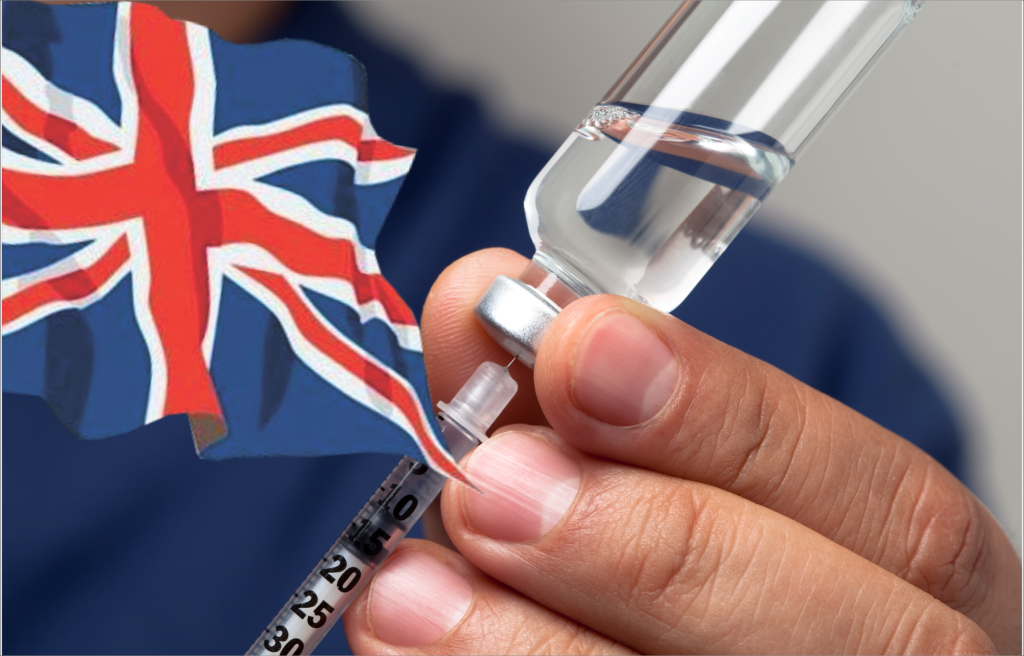New HIV Prevention Injection Rolls Out in England and Wales: A Step towards Ending New Cases by 2030

A new era in HIV prevention is beginning in England and Wales as the National Health Service (NHS) prepares to roll out cabotegravir, a long-acting injection that protects people at high risk of contracting HIV. The move, bringing England and Wales in line with Scotland’s policy, marks a critical milestone in the UK’s pledge to end new HIV transmissions by 2030.
The injection, which only needs to be administered once every two months, offers a discreet and practical alternative to daily prevention pills known as PrEP, for people who face challenges with adherence. These include individuals with unstable housing, those who find daily medication difficult to manage, or people who prefer privacy in their healthcare routines. Initially, up to 1,000 people are expected to receive the treatment through specialist sexual health clinics nationwide.
![]()
Cabotegravir works by preventing the HIV virus from replicating in the body after exposure, effectively stopping infection before it begins. Some professionals say it could be a game-changer in public health and personal freedom. “This is a major step forward,” said Health Secretary – Wes Streeting. He called the injection a proof that “the NHS can deliver cutting-edge, life-saving innovation for everyone, not just those who can easily manage daily tablets.”
Beyond the medical breakthrough, the decision carries deep social and cultural significance. In decades, HIV prevention has been shaped by stigma, misinformation and unequal access. Many HIV advocacy groups say that offering more choices like cabotegravir acknowledges the diverse realities of people’s lives, from LGBTQ+ communities to migrants, sex workers and young people navigating complex relationships. In the words of one HIV charity spokesperson – “This new injection could help level the playing field. Not everyone can, or wants to take a pill every day. Expanding access means expanding dignity, autonomy and inclusion.”
The business and policy dimensions of this rollout are also substantial. The NHS has negotiated a reduced price for the drug, stating the government’s commitment to investing in prevention as a cost-effective long-term strategy. With the lifetime cost of treating a single HIV case estimated in the hundreds of thousands of pounds, public health experts view prevention as both a moral and economic imperative.
Still, campaigners caution that success will depend on speed and communication. They are calling for clear public messaging and outreach to ensure communities most at risk are aware of their options, and trust the system enough to use them.
The rollout also comes amid growing optimism for future innovations. Early trials of lenacapavir, another injectable drug that could offer annual protection, suggest that even more convenient prevention options may soon follow.
This medical development is a sign of social progress to families and individuals living with the fear of HIV. It reflects how far attitudes have shifted since the height of the HIV/AIDS crisis in the 1980s, when silence and stigma were as deadly as the virus itself.
With cabotegravir, the UK is outrightly investing in hope, equality and the belief that ending new HIV cases within this decade is a possibilty.








